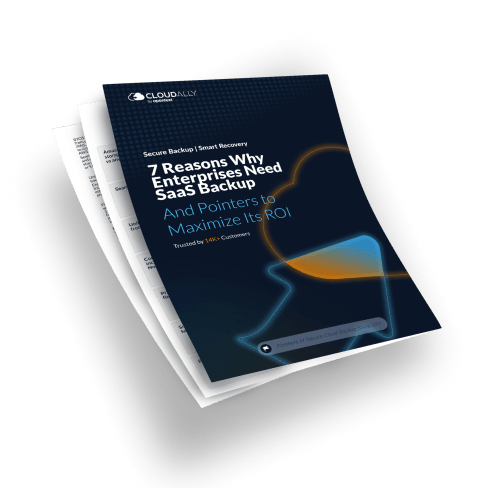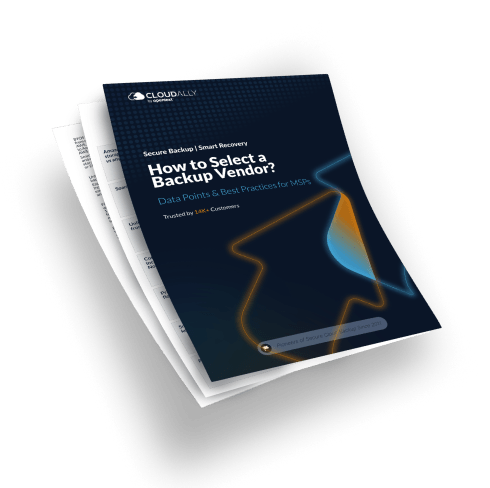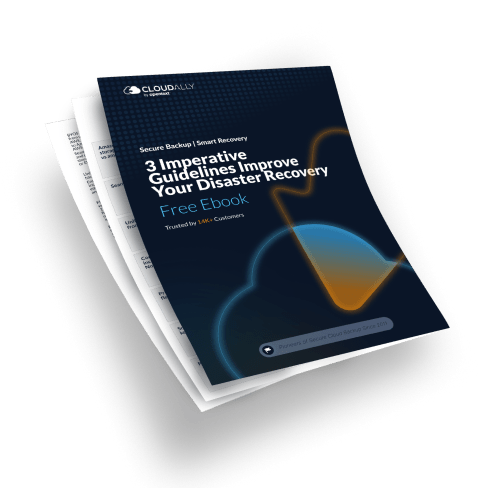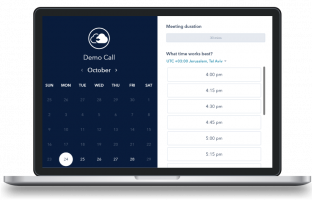What is Data Center Migration?
Data center migration refers to the process of moving data and applications from one physical location to another. This can involve transferring data and applications from an on-premise data center to a cloud-based data center, or from one cloud provider to another. There are various reasons for undertaking a data center migration, including cost savings, improved performance, increased security, and scalability. Often times companies choose to move their data and applications to the cloud because it offers greater flexibility and agility compared to traditional on-premise solutions.
Types of Data Center Migrations
There are three main types of data center migrations: lift-and-shift, partial migration, and full cloud migration.
- Lift-and-Shift Migration: This type of migration involves moving all data and applications from an on-premise data center to a cloud-based data center without making any significant changes. The goal is to simply replicate the existing environment in the cloud. While this approach can be quicker and easier, it may not fully take advantage of the benefits of the cloud.
- Partial Migration: This involves moving only certain applications or workloads to the cloud while keeping others in the on-premise data center. This approach allows for a more gradual transition and can help mitigate risks associated with a full migration.
- Full Cloud Migration: As the name suggests, full cloud migration involves moving all applications and workloads to the cloud. This approach can be more time-consuming and complex, but it allows for a complete transformation of an organization’s IT infrastructure. It also enables businesses to fully leverage the benefits of the cloud such as scalability, flexibility, and cost savings.
- Hybrid Cloud Migration: Hybrid cloud migration involves a combination of both on-premise and cloud-based infrastructure. This allows organizations to keep some applications or data in their own data center while taking advantage of the benefits of the cloud for other workloads. Hybrid clouds offer increased flexibility and control over where data is stored and how it is accessed.
Best Practices for Data Center Migration to the Cloud
You want to ensure your data and applications are in safe hands. Here are five best practices to develop a data center migration strategy to the cloud
- Assess your current infrastructure: Before making any decisions about cloud migration, it is important to assess your current data center and IT infrastructure. This will help you identify what applications and data can be moved to the cloud and which ones may need to remain on-premise.
- Determine your goals: Clearly define your goals for migrating to the cloud. This could include cost savings, increased scalability, or improved disaster recovery capabilities. Knowing your end goal will help guide your decisions throughout the migration process.
- Create a detailed plan: A well-planned migration is crucial for success. Develop a detailed plan that outlines timelines, tasks, and responsibilities. This will help keep everyone on track and ensure a smooth transition to the cloud.
- Choose a reliable cloud provider: It is crucial to choose a reputable and reliable cloud provider for your data center migration. Consider factors such as security measures, service level agreements (SLAs), and technical support when selecting a provider.
- Test before going live: Before fully committing to the cloud, it is important to test all of your systems and applications in a staging environment. This will allow you to identify any potential issues or
CloudAlly’s SaaS data protection platform secures all SaaS data – Microsoft 365, Google Workspace, Salesforce, Dropbox, and Box including Groups, Teams, OneDrive, SharePoint -with AWS S3 storage on your choice of eight global data centers on the cloud. This ensures that you stay compliant with data sovereignty laws while harnessing the reliability and scalability of cloud data centers. Safeguard all your SaaS data with a secure, consolidated data center of your choice. Plus exceptional customer support, no-commitment licensing, and pay-as-you-go pricing.
Book a quick demo now or Schedule a free 14-day trial and never face cloud data loss again!












